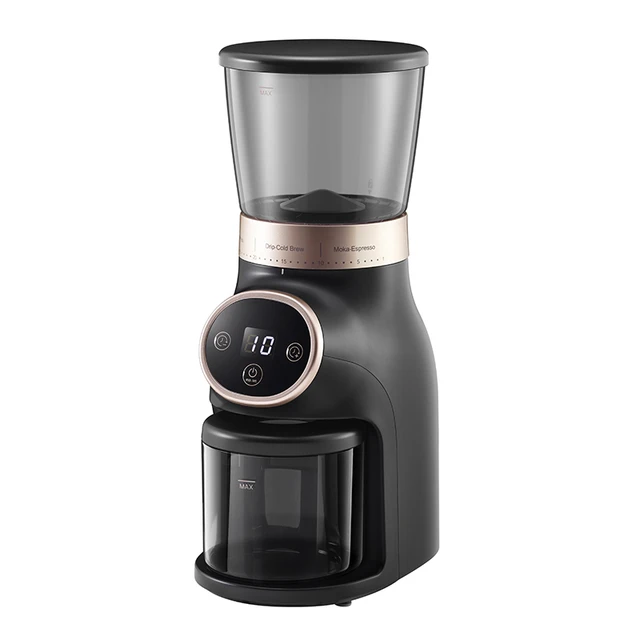
Introduction:
Understanding the differences between electric and mechanical (manual) coffee grinders can significantly impact your coffee brewing experience. Each type of grinder has its advantages and drawbacks, impacting factors like grind consistency, convenience, and user control. This detailed guide explores the benefits and disadvantages of both electric and mechanical coffee grinders to help you make an informed decision based on your coffee preferences and lifestyle.
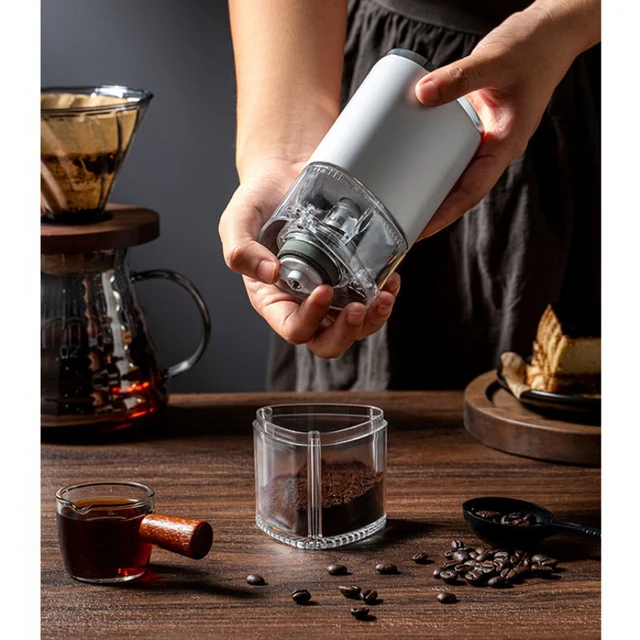
Which Is Better: Electric or Mechanical Coffee Grinder?
Electric Coffee Grinders: Features and Benefits
Electric coffee grinder(moulin à café électrique) offers convenience and efficiency, making them a popular choice for many coffee enthusiasts. They come with a range of features that enhance the coffee grinding process.
Speed and Efficiency: Electric grinders are known for their speed. They quickly and efficiently grind coffee beans, saving time, especially when preparing coffee for multiple people. The motorized operation ensures consistent performance with minimal effort.
Consistency in Grind: Electric grinders, particularly burr types, are renowned for their ability to produce a uniform grind. Consistency in particle size is crucial for even extraction and optimal flavor. High-end electric grinders offer precise adjustments for different grind sizes, from fine espresso to coarse French press.
Ease of Use: Most electric coffee grinders are user-friendly, with simple controls and settings. Push-button operation and programmable settings make it easy to achieve the desired grind without manual effort. This convenience is ideal for busy mornings or people who prefer a hassle-free coffee-making process.
Capacity and Size: Electric grinders usually have larger bean hoppers and ground coffee containers, making them suitable for grinding large quantities at once. This feature is beneficial for households with multiple coffee drinkers or for entertaining guests.
Additional Features: Advanced electric grinders come with extra features like built-in timers, digital displays, and smart technology integration (e.g., app connectivity). These features enhance the user experience and allow for more precise control over the grinding process.
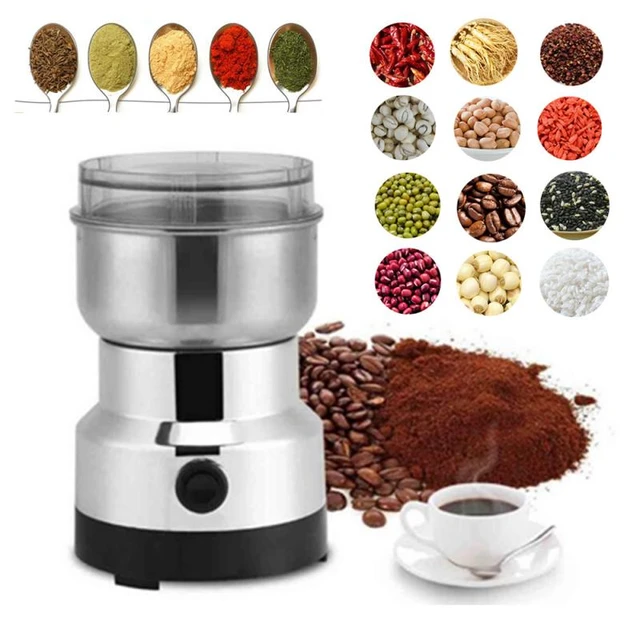
Mechanical Coffee Grinders: Features and Benefits
Mechanical or manual coffee grinders offer a different set of advantages that appeal to specific coffee lovers. They emphasize control, portability, and durability.
Control Over Grinding Process: Manual grinders give users full control over the grinding process. This hands-on approach allows for a more tactile and customizable experience. Adjusting the grind size is straightforward and often more precise, particularly with high-quality manual grinders.
Portability: One of the standout benefits of mechanical grinders is their portability. Compact and lightweight, they are perfect for travel, camping, or locations without electrical outlets. Their small size also makes them easy to store.
Quiet Operation: Manual grinders operate quietly, a significant advantage for those who prefer not to disturb their household or enjoy grinding coffee early in the morning. The absence of a motor means no loud noises during the grinding process.
Durability: Mechanical grinders are often built with fewer moving parts and simpler mechanisms, making them more durable and long-lasting. High-quality manual grinders are crafted from robust materials like stainless steel or ceramic, ensuring a long lifespan and consistent performance.
Cost-Effective: Manual grinders are generally more affordable than electric models. They offer a cost-effective way to enjoy freshly ground coffee without a significant initial investment. This affordability makes them an attractive option for beginners or those on a budget.
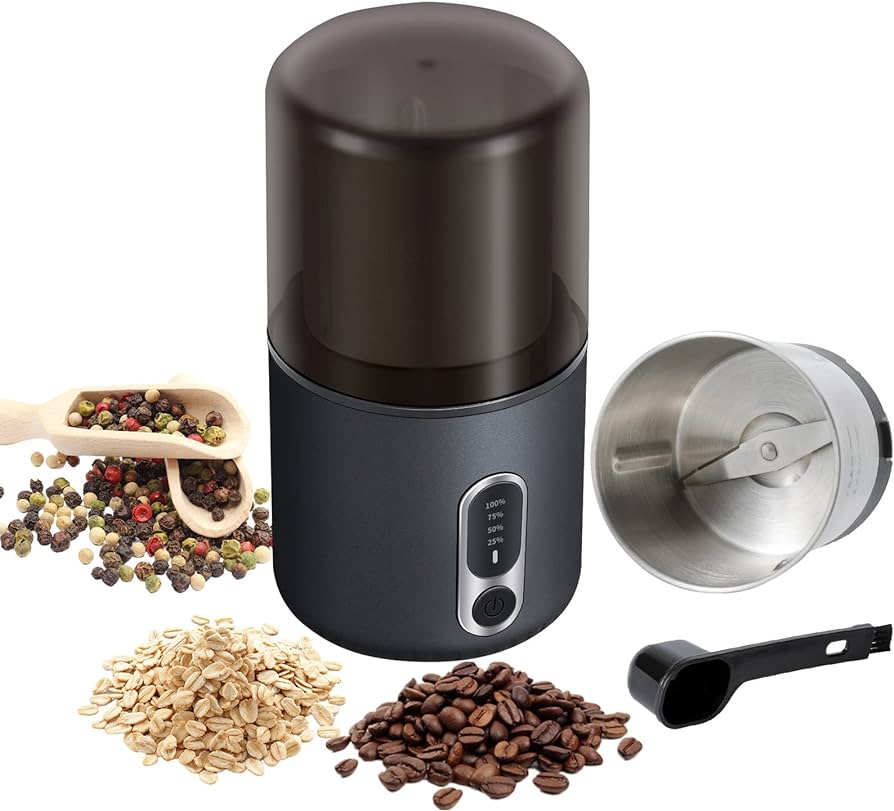
Comparing Grind Quality and Consistency
When it comes to grind quality and consistency, both electric and manual grinders have their strengths and weaknesses.
Electric Grinders: Electric grinders, especially high-end burr models, excel in grind consistency and quality. They produce uniform particle sizes essential for different brewing methods. Adjustable settings allow for precise control over the coarseness or fineness of the grind.
Consistency Advantages:
- Uniform grind size ensures even extraction.
- Burr grinders provide better consistency compared to blade grinders.
- Ideal for fine adjustments, particularly important for espresso.
Mechanical Grinders: Manual grinders also offer excellent grind quality, particularly those with conical burrs. While they require more effort, they can produce consistent grounds suitable for various brewing methods.
Consistency Advantages:
- High-quality manual grinders deliver uniform particle sizes.
- More control over grind size adjustments.
- Suitable for all grind sizes, from fine to coarse.
Convenience and Usability
Convenience and ease of use are significant factors to consider when choosing between an electric and a manual grinder.
Electric Grinders: Electric grinders are known for their convenience. They offer quick and effortless grinding at the push of a button, making them ideal for those who value time and simplicity.
Convenience Advantages:
- Quick and easy operation.
- Suitable for large quantities of coffee.
- Additional features like timers and programmable settings enhance usability.
Mechanical Grinders: Manual grinders require more time and effort but offer a more involved, hands-on experience. They are perfect for those who enjoy the ritualistic aspect of coffee preparation.
Convenience Advantages:
- No need for electricity; can be used anywhere.
- Quiet operation ideal for early morning or shared living spaces.
- Compact and easy to store.
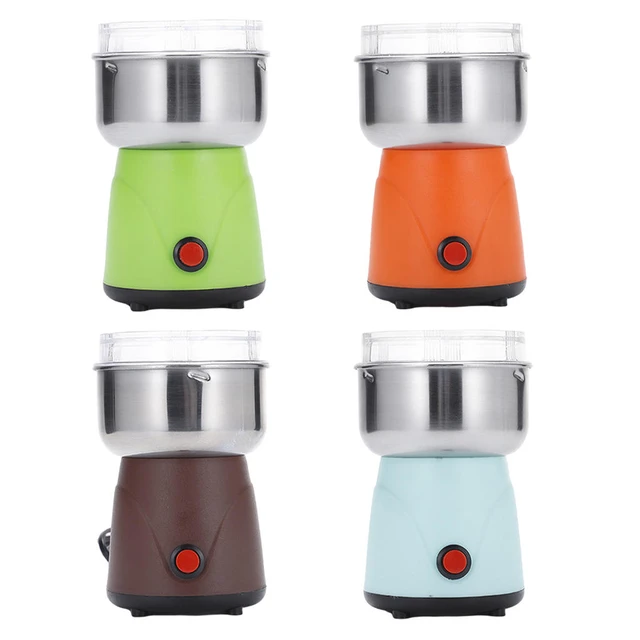
Maintenance and Durability
Both electric and manual grinders require maintenance to ensure longevity and performance. However, they differ in terms of durability and ease of care.
Electric Grinders: Electric grinders have more components and require regular maintenance, including cleaning burrs or blades and inspecting electrical parts. Higher-end models may offer easy-to-clean designs.
Durability and Maintenance:
- Regular cleaning to prevent residue buildup and maintain performance.
- Electrical components may require repair or replacement over time.
- High-quality models offer robust durability but at a higher cost.
Mechanical Grinders: Manual grinders have simpler mechanisms, making them easier to clean and maintain. Their durability is often superior due to fewer moving parts.
Durability and Maintenance:
- Minimal maintenance; easy to disassemble and clean.
- Fewer components mean fewer potential repairs.
- High-quality materials ensure long-lasting performance.
Price and Value
The initial cost and overall value are essential considerations when choosing between an electric and a manual coffee grinder.
Electric Grinders: Electric grinders range from affordable models to high-end devices with advanced features. The cost can vary significantly based on the grinder’s build quality, features, and brand.
Price and Value:
- Higher initial cost for high-quality models.
- Additional features can justify the expense for avid coffee drinkers.
- Long-term value includes ease of use and consistent performance.
Mechanical Grinders: Manual grinders are generally more affordable, with high-quality models available at a lower price point compared to electric grinders. They offer excellent value for those on a budget or seeking a cost-effective solution.
Price and Value:
- More affordable initial investment.
- High-quality manual grinders offer excellent performance and durability.
- Long-term value includes portability and low maintenance costs.
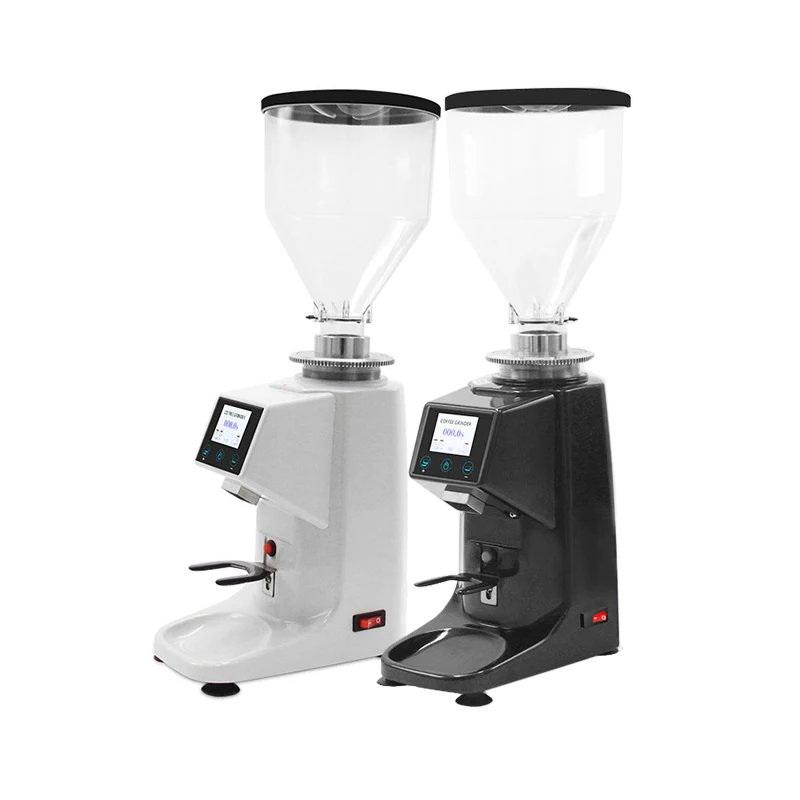
Environmental Impact and Sustainability
Sustainability and environmental impact are increasingly important considerations when choosing a coffee grinder.
Electric Grinders: Electric grinders require electricity, contributing to energy consumption. However, high-quality models built to last can reduce waste and the need for replacements.
Environmental Considerations:
- Energy consumption varies by model; look for energy-efficient options.
- Durable models reduce long-term waste.
- Consider models with recyclable or environmentally friendly materials.
Mechanical Grinders: Manual grinders do not require electricity, making them a more eco-friendly choice. Their durability and simple design also contribute to lower environmental impact.
Environmental Considerations:
- No electricity required; ideal for reducing energy consumption.
- Long-lasting materials and fewer parts contribute to sustainability.
- Compact design reduces material usage and waste.
Conclusion
Choosing between an electric or mechanical coffee grinder depends on your priorities, whether they are convenience, control, portability, or sustainability. Electric grinders offer speed, consistency, and ease of use, making them suitable for busy coffee enthusiasts. Mechanical grinders provide control, quiet operation, and durability, ideal for those who value a hands-on, eco-friendly approach. By understanding the features, benefits, and considerations of each type, you can select the best coffee grinder to enhance your brewing experience and enjoy the perfect cup of coffee.